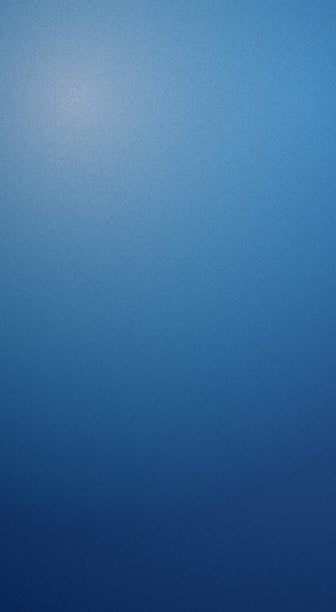Interview: Xander Fallon

“cheaper things are not cheap, you are just making someone else pay for it”.
Xander Fallon spent half of his life between Cashel in Southern Ireland and Hackney, London. His first experience of being exposed to wine and alcohol was when he was working hospitality jobs when he was underage in his home town in Cashel. He did a tonne of odd jobs from working as a glassie to cleaning off sanitary pads of the ceiling of club loos at 16. It was only when he moved back to London to study at university when he became more aware of the wine world from working in coffee then moving onto the likes of Climpsons and Sons, Som Saa and then Primeur. By surrounding himself with people who “knew” about wine and going to tastings, his knowledge of wine has grown incrementally.

"fundamentally, having the written word..."
Now, he works as the in-house sommelier at Westerns Laundry in Highbury. Working as a sommelier during a global pandemic has come with some positives and challenges. He remarks that the wine-serving experience has changed with the introduction of QR code menus and wine lists. Where previously people had the opportunity to pore over a physical menu they now scroll through and choose their wines. This has created new opportunities for website and graphic designers to create menus that are aesthetically diverse for different restaurants and dining experiences. But he also reasons, that “fundamentally, having the written word on a piece of paper has been part of the restaurant experience for as long as there have been high levels of literacy and now having to do it electronically and the means to order through a web service and have it dropped to your table is a completely new experience. Having them order off their phones means that we don’t get to have the same interaction and conversation with the guests”.
"just because your mum drank it..."
By curating this case, Xander wants to present something different for the consumer: “I chose wines that are fresher and more interesting than people are used to encountering”. He also wanted to choose wines that didn’t need to be left in the cellar to expire, “these wines are ready for the now,” and he wants to disrupt the idea that people need an excuse to drink nice wine. “I wanted to provide the customer with a worthwhile, good value wine that meant they weren’t forced to finish a bottle in one night, but rather they could enjoy having a glass from the fridge over a couple of days”. Specifically the Premier Jus by Domaine Fond Cyprès, is indicative of this style. He describes the wine as having longevity but also a lightness and a sort of “coiffability and rejuvenating qualities”. What's so exciting about it to him is that it's not really a traditional red or a white: “it's a great wine to show the spectrum, colour is not necessarily equivalent to density or flavour or what you are going to get”. Xander then goes on to discuss the gendered semantics that people invoke when discussing wines and glassware. He decries the “Brosé” attitude when it comes to the pinker wines, “just because your mum drank it when you were younger, doesn’t mean you can’t enjoy a good rosé, it's like no, stop projecting. It's tasty or not tasty, just drink it!”


“wines that arrive into your local supermarket are heavily sulphurised and transported in a big plastic bag and then bottled here in the UK”
Xander also speaks passionately about what makes natural wine so unique. While he concedes that natural wine can be expensive, he reasons that it's because of the work that goes into producing and shipping it across the world. To him, these wines are bottled carefully because the makers care more about what is in it, and because they are farmed and produced in a thoughtful and less automated way. For Xander, this all taps into a general narrative: “cheaper things are not cheap, you are just making someone else pay for it”. While natural wine is bottled on-site at the vineyard and shipped in its individual bottle, “wines that arrive into your local supermarket are heavily sulphurised and transported in a big plastic bag and then bottled here in the UK”. For the natural wines to survive the journey from vineyard to your home or the restaurant, “they have to be bottled in glass that is of high quality so that it will survive the rough and tumble of shipping, from going through bumpy roads, trains and the sea.”
“with the small power that I have, I am trying to shake that tree and bring about some change”.
What is special about natural wine for Xander, is the way that the winemakers work in harmony with the land, he speaks of the Escoda-Sanahuja wines from Catalonia, where the winemaker is so committed to sustaining local biodiversity that let bores roam free on the land, despite them eating half the grapes of his winning vintages. On the supposed faddiness of natural wine, Xander points out that before the mid-20th century almost all wine was in fact “natural” wine. He asserts that “before then, vast mass chemical production was not readily available. Now we are talking about mass sterilisation of complete vineyards, rendering them almost lunar landscapes that are being propped up by chemical life support systems”. That is why for this box, he wanted to choose wines that are not only inclusive but also showcasing the smaller and more local suppliers and winemakers. He giggles, “with the small power that I have, I am trying to shake that tree and bring about some change”.


